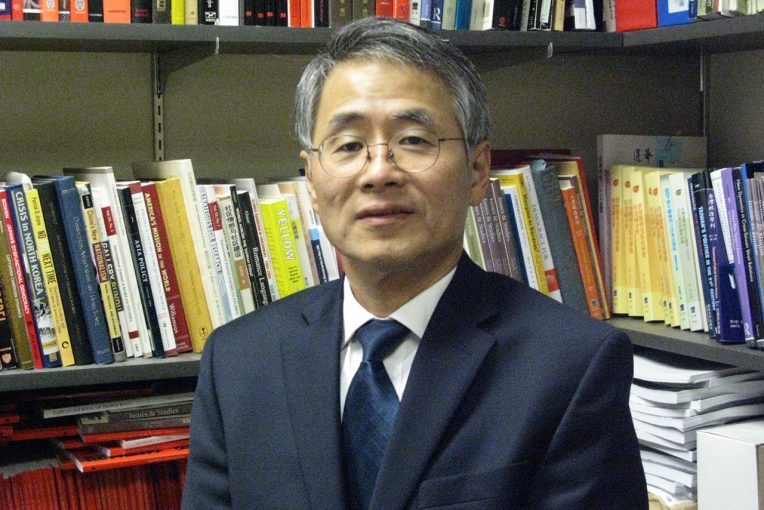Taiwan will hold its 2022 local elections on November 26. Dubbed the “9-in-1” elections, voters will select candidates in several races, including mayors of the six special municipalities, 16 county/city magistrates, council members, and heads and representatives of boroughs. Voters will fill more than 11,000 positions.
Dr. T.Y. Wang, Illinois State University professor and chair of Politics and Government, published election commentary in Taiwan Insight, an online blog hosted by the Taiwan Studies Programme at the University of Nottingham.
Although the opposition Nationalist Party should be in a strong position to enter this year’s local elections, Wang noted several factors will affect electoral outcomes. These include incumbent President Tsai Ing-wen’s popularity, the Nationalist Party’s low approval rating, and the consideration of candidates from minority parties as alternatives. China’s continuing military intimidation and the pandemic may also play a role. The November election will not only affect the electoral fate of candidates but also impact the future direction of main political parties, the viability of small parties, and the playing field of the country’s 2024 presidential election.

